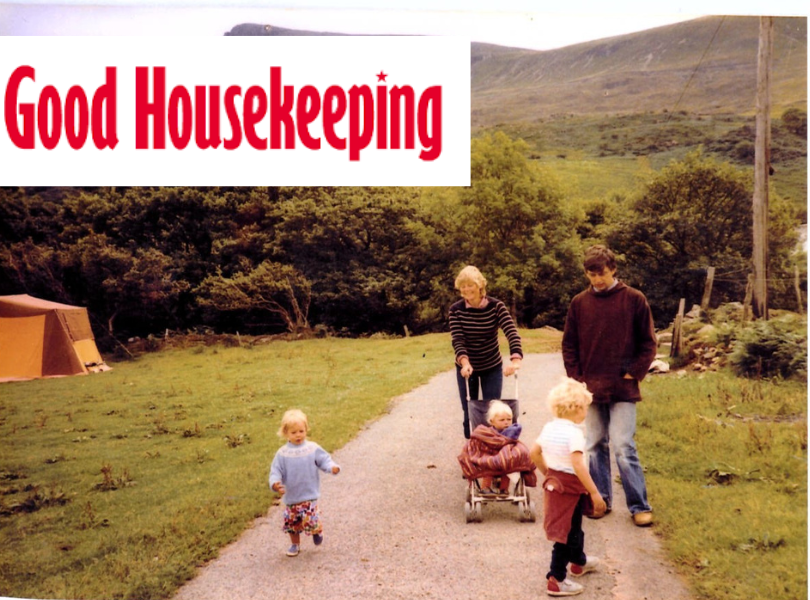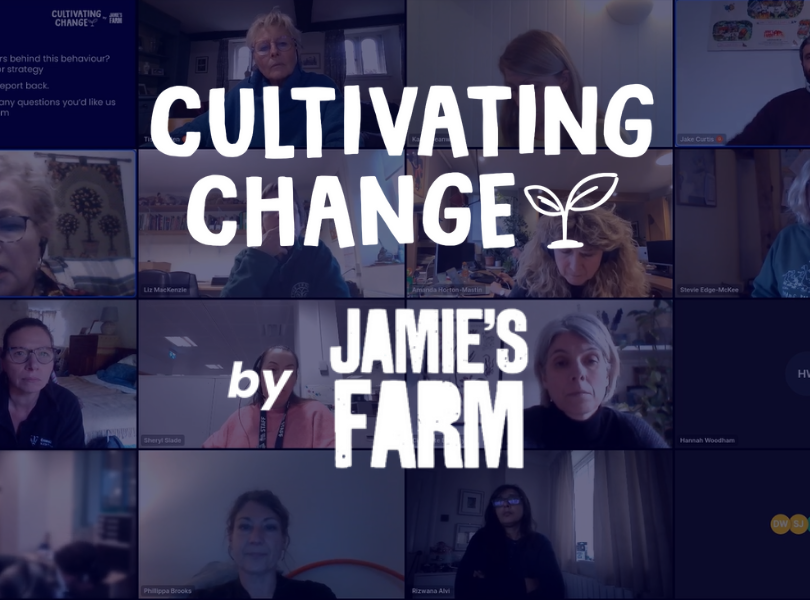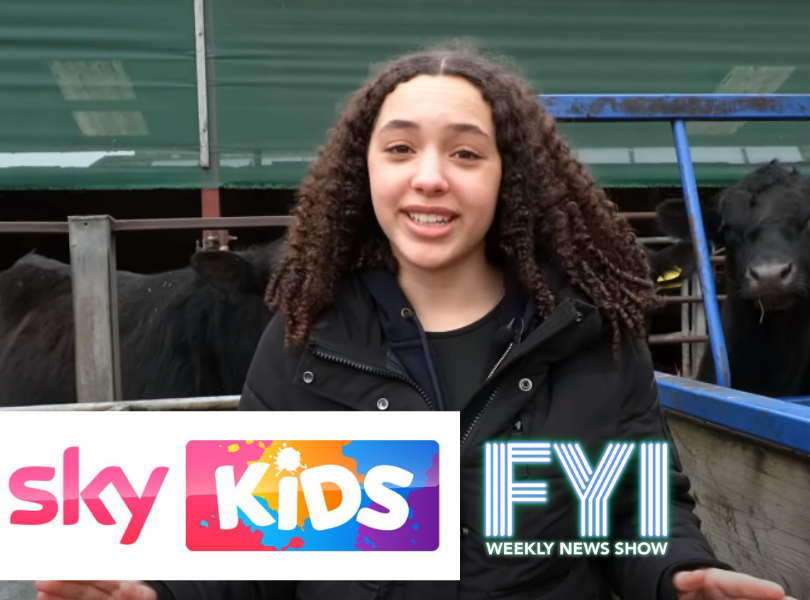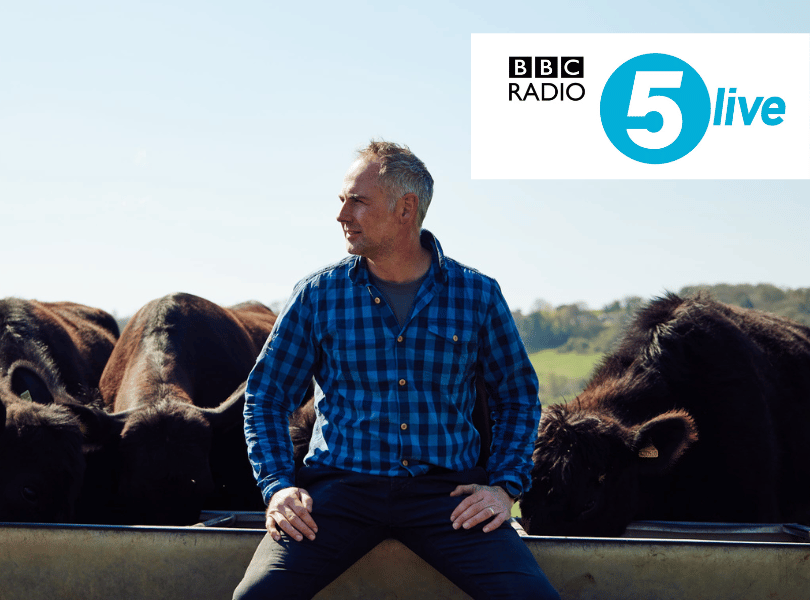Following on from our last podcast on feeling safe as a condition for learning, this week Tish (Lead Therapist) and Jess Callen (Head of Jamie’s Farm Bath) discuss exclusion; from the language we use, to the feelings that being excluded evokes in young people. These sanctions are often necessary, but how do we make them more meaningful?
“One student arrived and had experienced a lot of negativity from school staff due to his behaviour and attitude. At the farm he was incredible; he listened politely, he worked so hard, he showed a caring side, he was funny, he showed resilience and interest in others. One of the more important things he did was showed his weaknesses and reflected so well about how he could change to become a better person. Wow… I just didn’t think we would have this much success from this trip”. Lead Teacher, Harlington Upper School
Recently, the use of isolation rooms in schools has been widely reported on, bringing about heated debate on both sides. This week we question: what is really going on for a child when they have been excluded from a lesson, or from school entirely? Firstly, much of the language around exclusion has negative connotations for young people- they often describe it to us as having been ‘chucked out’ or ‘kicked out’ by their teachers. The feeling that they are not wanted and not welcome back can often fuel further negative behaviour and make the situation much harder to return from. Often, their sense of self worth is so fragile that being excluded can reinforce negative feelings about themselves and instil a ‘why should I bother at all’ attitude.
So how can we turn this potentially very negative experience into a more positive one? Reparation is key. We know that through reparative conversations, children can begin to understand that their relationship with their teacher is not damaged beyond repair, and crucially, that this trusted adult still cares about them and wants them back in the classroom. The language we use as adults can have a huge effect on the outcome of a conversation; take ‘I need to talk to you right now’, compared to ‘Let’s chat about what just happened here’; or ‘How can we make it better next time?’. The ‘we’ and ‘us’ suggests a collaborative approach, rather than a feeling of being ‘done to’. The tone of voice we use also has an impact. Simply welcoming a young person into a reparative conversation with a kind tone rather than a stern one can elicit a much more open response.
Written and recorded by Tish Feilden (Lead Therapist and Co-founder) and Chloe Thomas (Impact Manager and ex-teacher).



